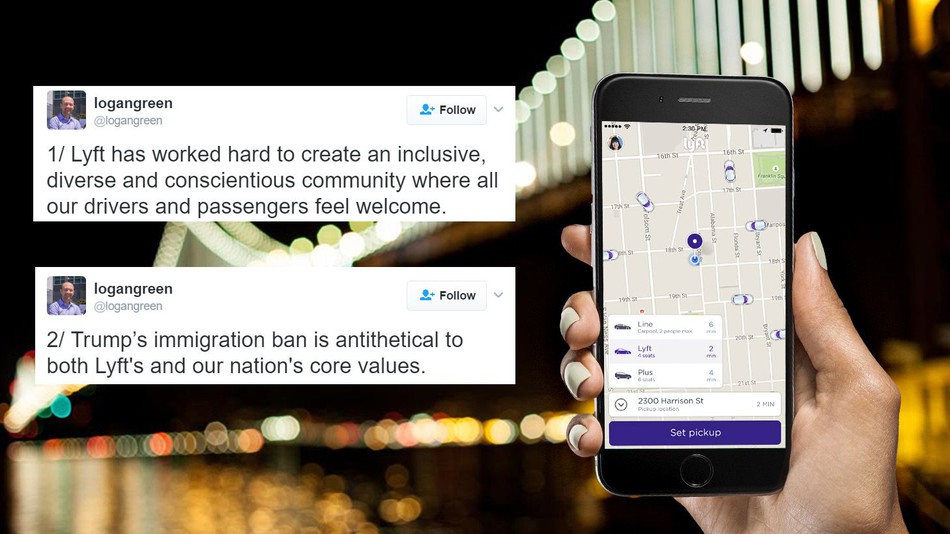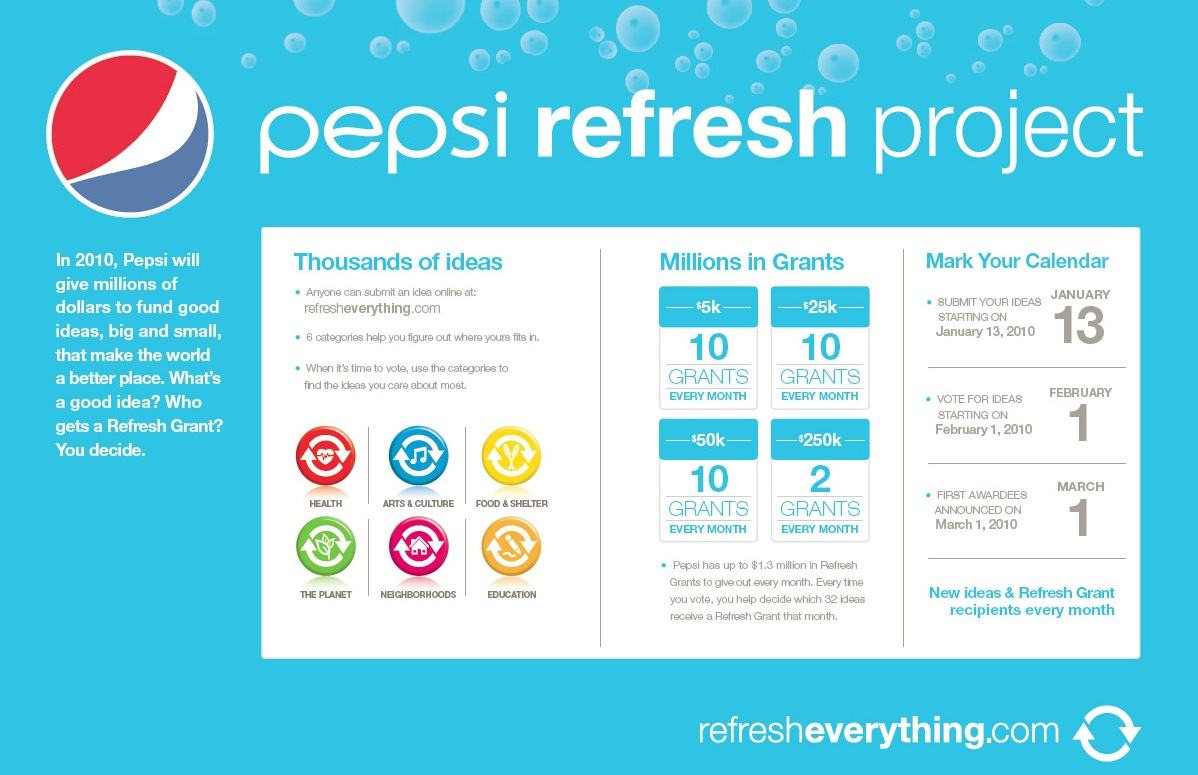Social-Political Connections in Advertising

Social-Political Connections in Advertising
Political Science and marketing are two distinct fields that seldom cross paths. However, their independent pathways do not impose an unbreakable restriction between the cross-pollination of the two disciplines. In fact, given our political history, and the evolutionary route that society is undertaking, marketing and political agendas can no longer exist without overlaps.
In tandem with the topic at hand, advertising in election campaigns is the elephant in the room. However, if one were to look for needles in a haystack, it can be discovered that product advertising can also have socio-political agendas. The reason behind the integration between marketing principles and socio-political motives is simple; it bridges the gap between corporations and consumers. Advertisers have used culture to sell products since a very long time, and politics shape where cultures go.
How does politicized marketing influence consumers?
Product based advertising campaigns have had a long history of being apolitical. However, given the current political climate, the above-mentioned trend is undergoing a change. Brands have now realized that political activism is as good a marketing strategy, if not better when compared to traditional alternatives. Studies suggest that members of Generation Z are not as loyal to brands as millennials; thereby posing a new problem for brands. The newer generation values social responsibility in consumer-faced brand names. Also, if you’re thinking why the consumer trends of one particular generation matter so much, here’s a number for you; by 2020, Generation Z will amount to 40% of the consumer population in the United States. (1)
Hence, brands are rapidly aligning themselves with the emerging politicization of consumer trends. For instance, after Trump’s immigration ban in 2017, a politically motivated campaign by the taxi service app, Lyft, did wonders for the brand. The CEO of the company announced that the brand will make a donation of $1 million to the American Civil Liberties Union, whilst its competitor, Uber, lifted surge pricing near JFK Airport where a protest against the immigration ban was in motion. Add to that the fact that even the New York Taxi Workers alliance had urged its members to avoid trips to the airport for an hour, and you get a perfect recipe for the online backlash against Uber. On the one hand, #DeleteUber acquired trending status, and on the other, Lyft’s download numbers surpassed Uber’s for the first time. (2)
It can be argued that a brand’s politically correct stance reveals more about its opportunistic outlook towards consumers than its sincerity, but it is undeniable that politics play a role in shaping consumer behavior.
Is the politicization of advertising campaigns a bad marketing strategy?
Kendall Jenner’s 2017 Pepsi ad is a classic example of how activism in advertising can prove to be fatal to a brand’s image. Pepsi provided social commentary on the Black Lives Matter campaign with its 2017 advertisement starring Kendall Jenner. Regardless of where the brand’s heart was, the advertisement was hit with considerable backlash. The campaign stirred a sense of uneasiness in its viewers as it ended on the note that a can of Pepsi is the ultimate fix to all socio-political issues faced by people of colour. During the final scenes of Pepsi’s 2017 ad, Kendall Jenner joins a Black Lives Matter protest and hands a can of Pepsi to a police officer deployed at the venue. The simple exchange leads to a moment of cheer and supposed harmony. The depth of the Black Lives Matter campaign and the ideals that it stands for are seemingly trivialized by Pepsi’s interpretation of such protests. The reason why Pepsi’s 2017 campaign was received poorly is that it seemed to be unaware of the true depth of the cause it was trying to advocate for. Consequently, Pepsi’s attempt at social activism was perceived as nothing more than a cash grab. (3)
From an ethical standpoint, companies should not embed socio-political issues in their campaigns if they are not sincere about their intended impact. Simply put, brands aren’t the only ones doing their research. Thanks to the rapid flow of information facilitated by the internet, consumers are also increasingly becoming aware of the truth behind political correctness in advertising campaigns. Thus, advertisements embroidered with socio-political motivations can damage a brand’s identity if they are perceived to be masking a typical attempt at increasing sales numbers. A clear solution to this problem can be achieved if brands deploy political correctness in alignment with their core values.
What’s the future like?
In 2010, Pepsi gave up its Super Bowl spot for a CSR initiative titled Refresh Everything. Despite the campaign’s untimely death after two years, it was a bold move for a multi-national company to leave a Super Bowl spot for working on social and environmental causes. Pepsi’s budget for the 2010 Super Bowl spot was a whopping $20 million. In other words, Refresh Everything not only cost Pepsi a place on the year’s biggest advertising extravaganza, but it also propelled the brand to spend a considerable amount of money for the sake of taking a politically correct stand on certain issues. (4)
In contrast, nowadays, a quarter of the super bowl campaigns are based on cause marketing. The number is a significant improvement from the 6% recorded 10 years ago. (5) In 2019’s lineup of Super Bowl campaigns, brand names like Verizon, Microsoft, Budweiser, Google, CBS, and Toyota pushed brought the limelight upon socio-political issues like inclusion, green energy, freedom of speech, and more. (6)
If the present is any indication of the future, socio-political connections in marketing campaigns are here to stay. Whether it is a cause for celebration or a matter of concern is another discussion in itself. On the surface level, socio-political connections in advertising are merely a by-product of the cultural evolution of marketing. However, the devil lies in the details, and in this particular case, he might not even be the antagonist of the story. We’ll just have to wait and watch!

